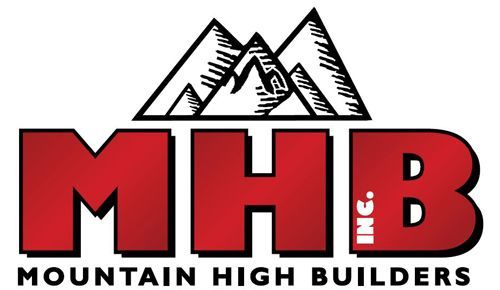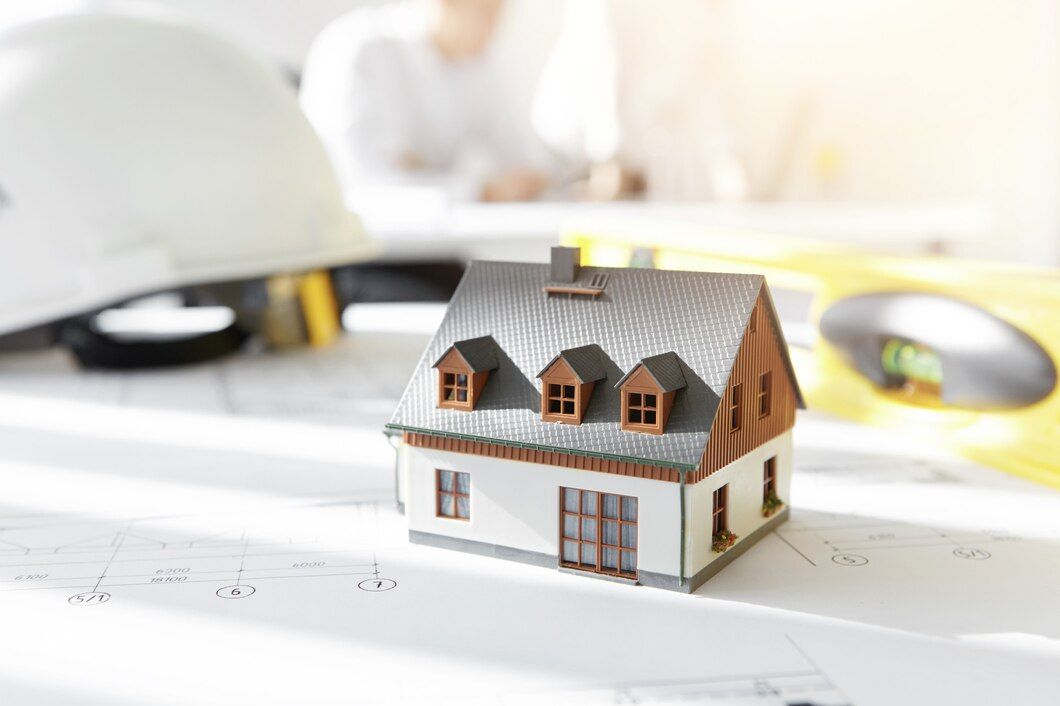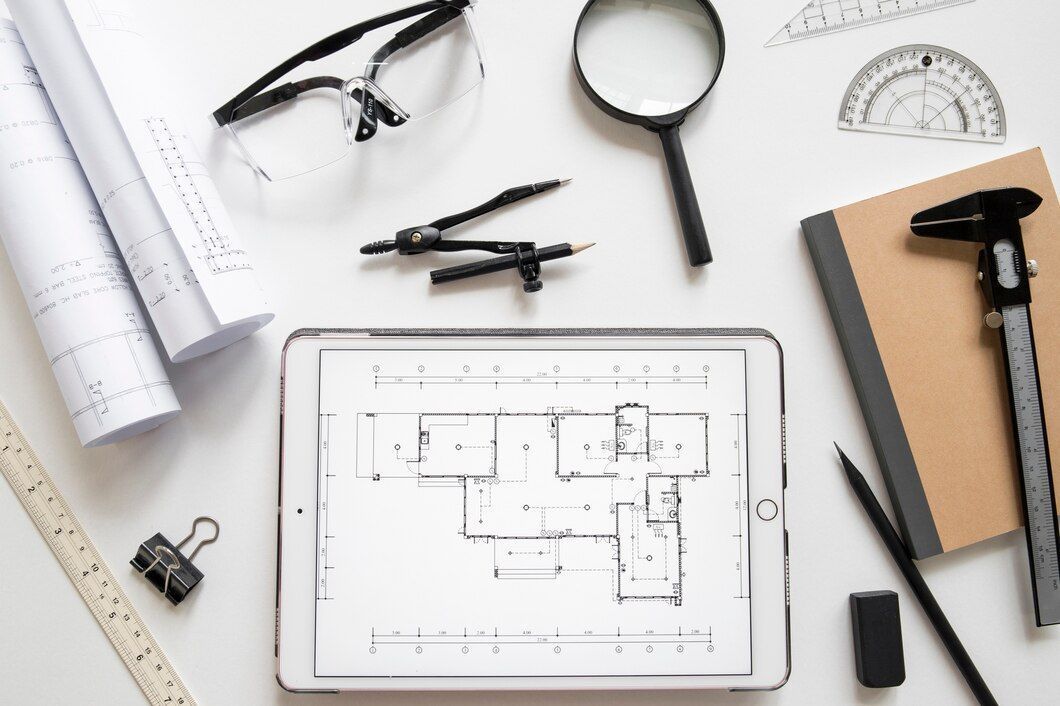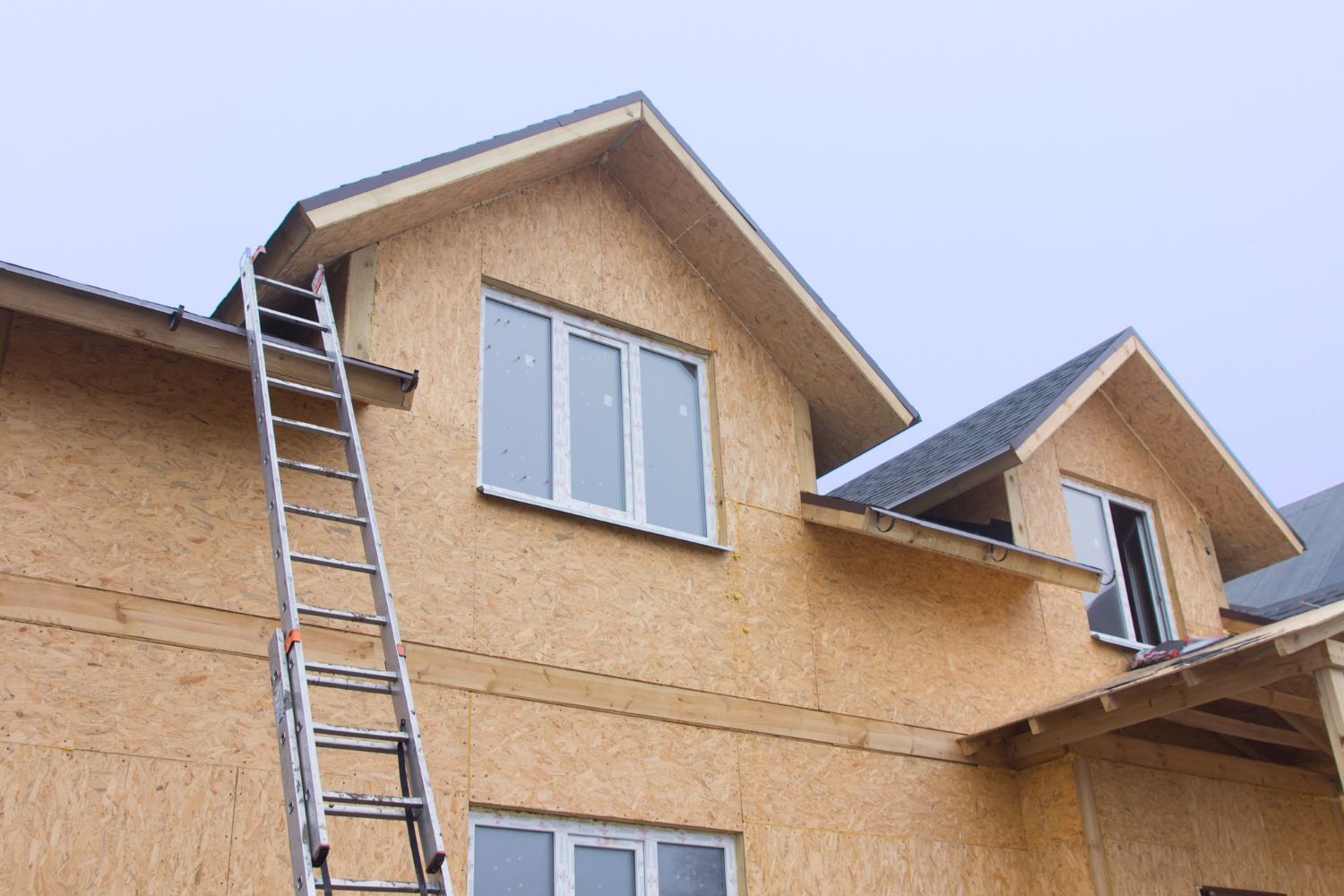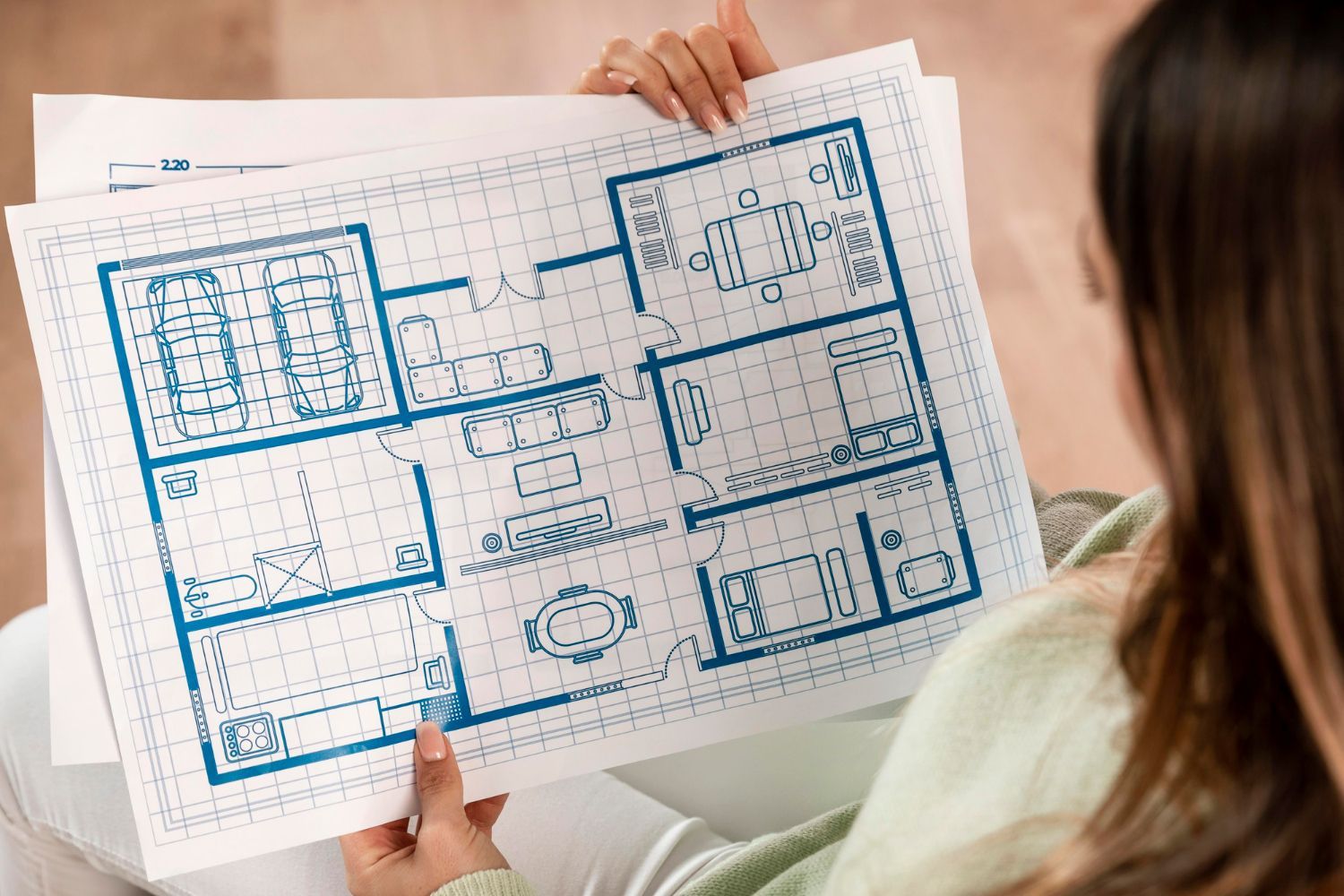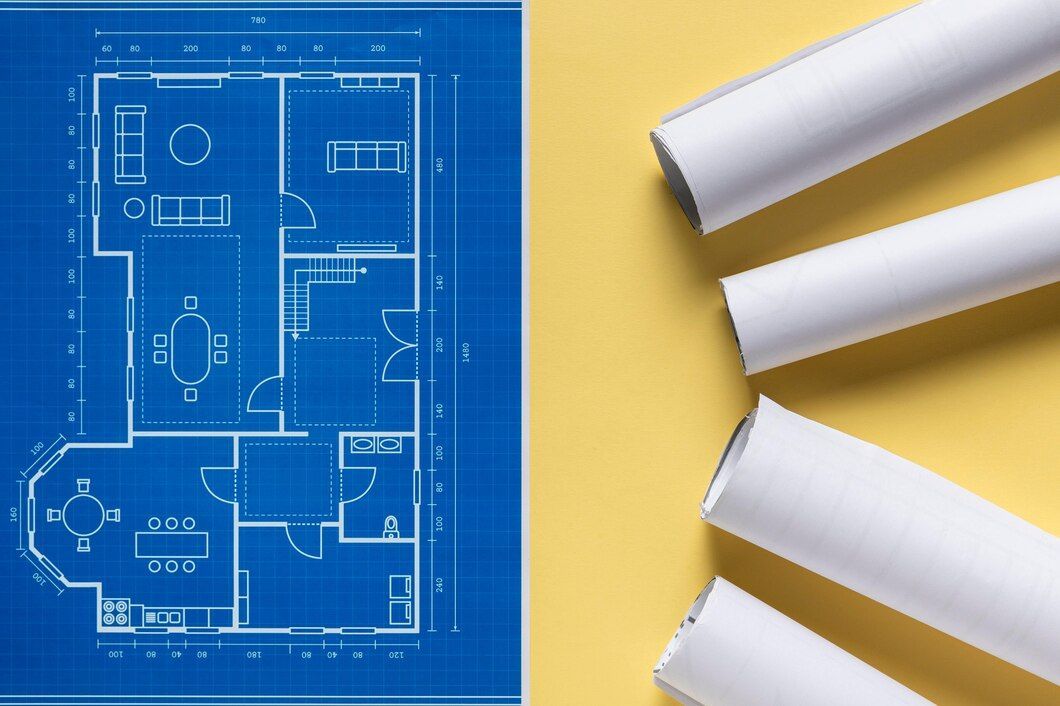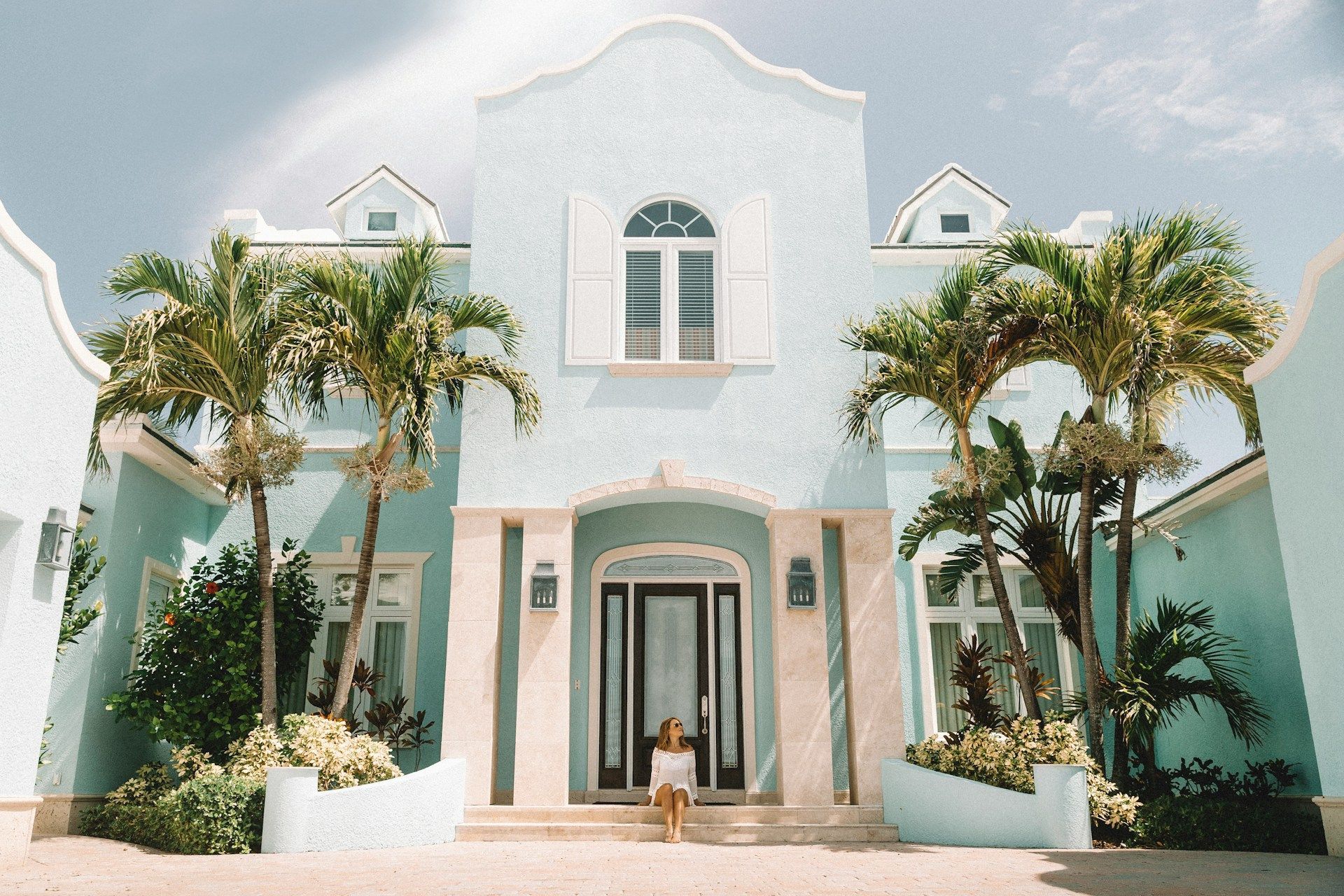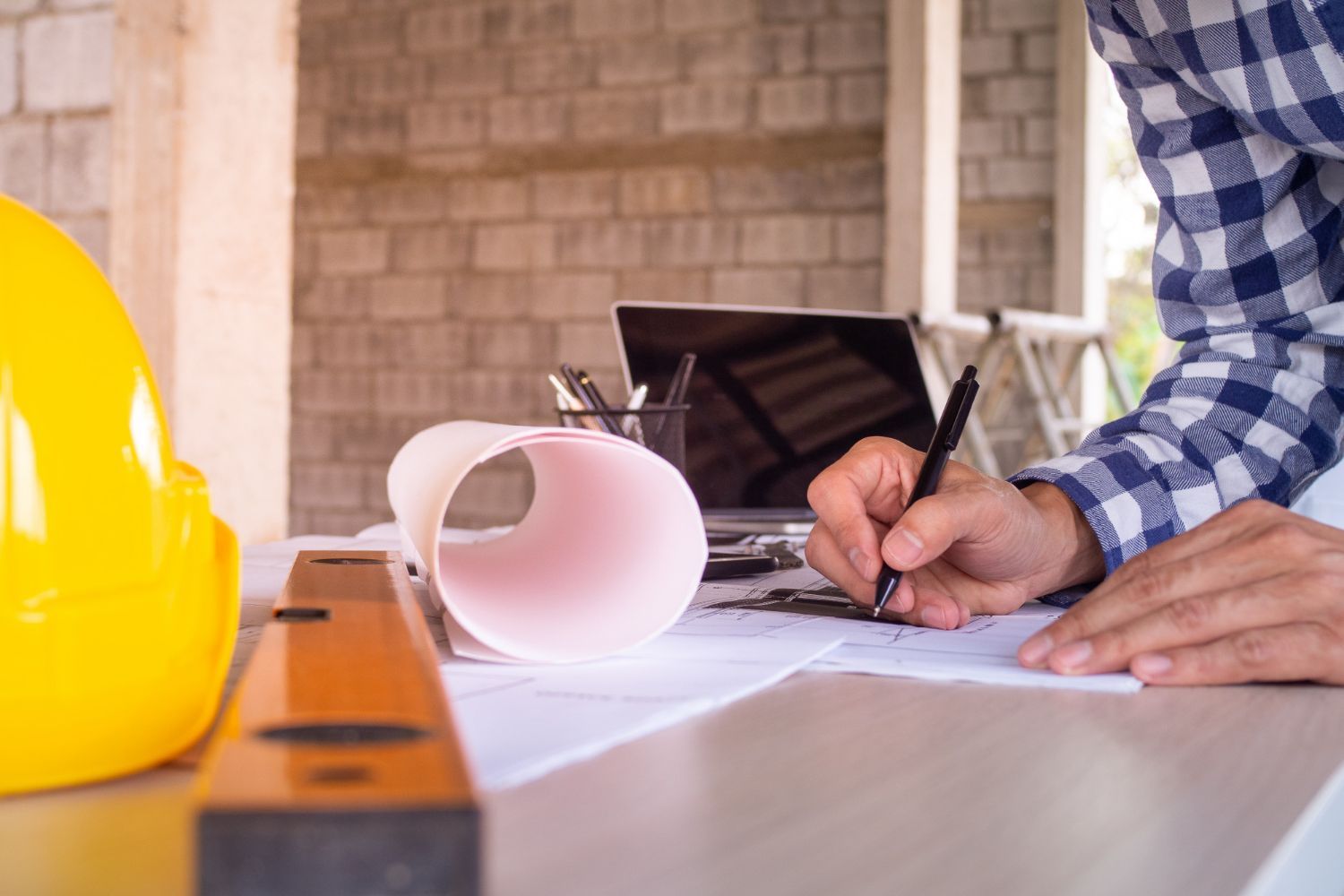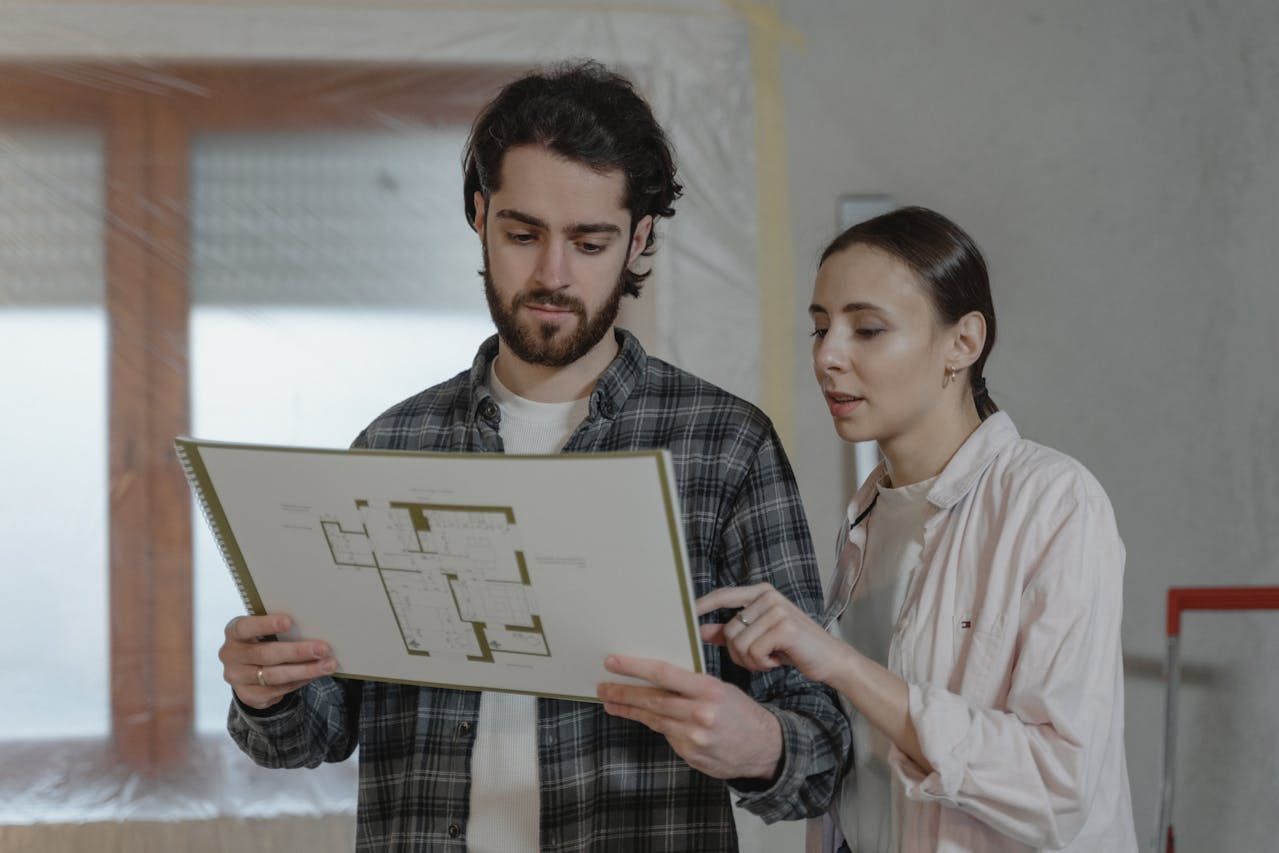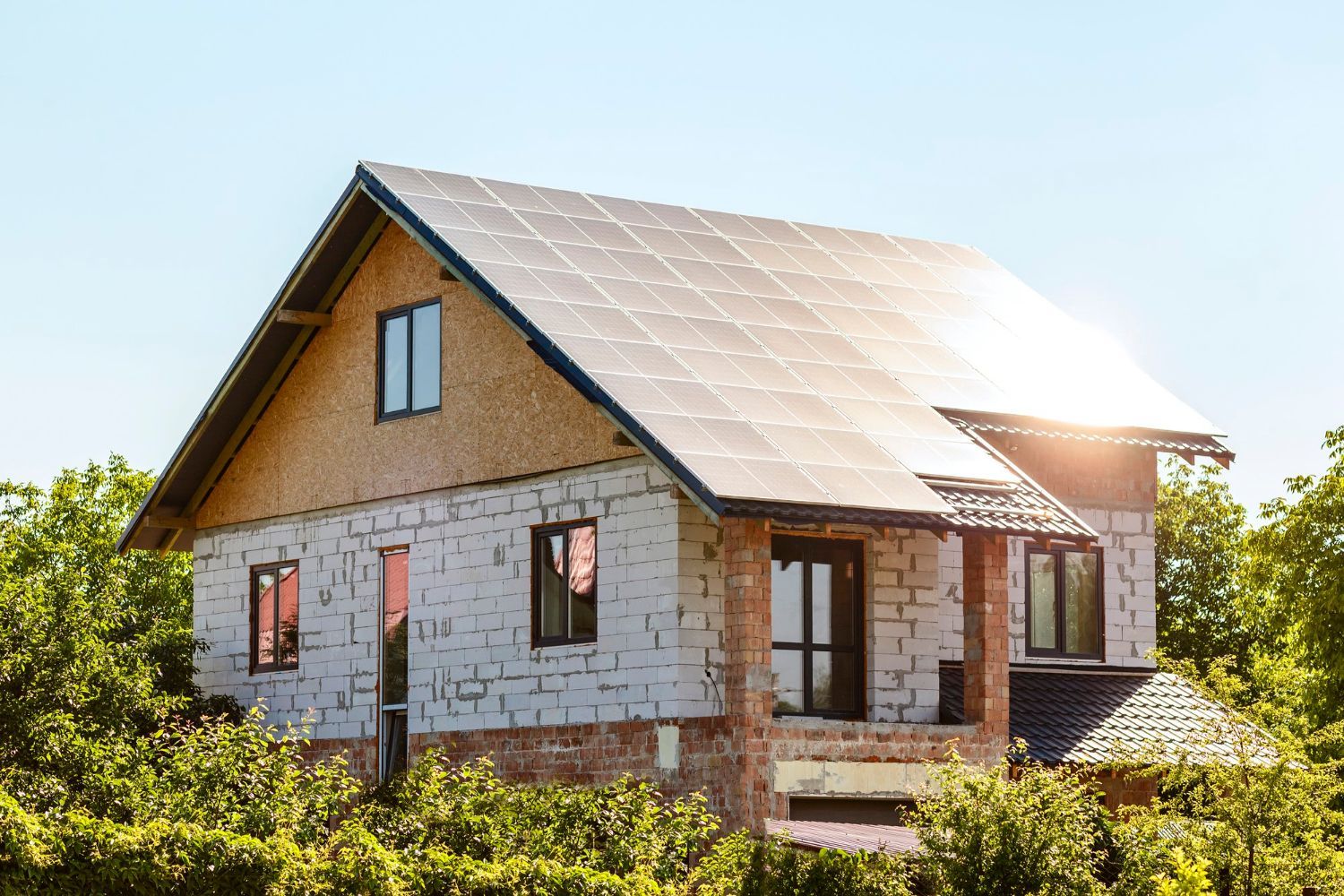541-815-0855
custom@mhbi.us
Important Permits You Need for Building a Home
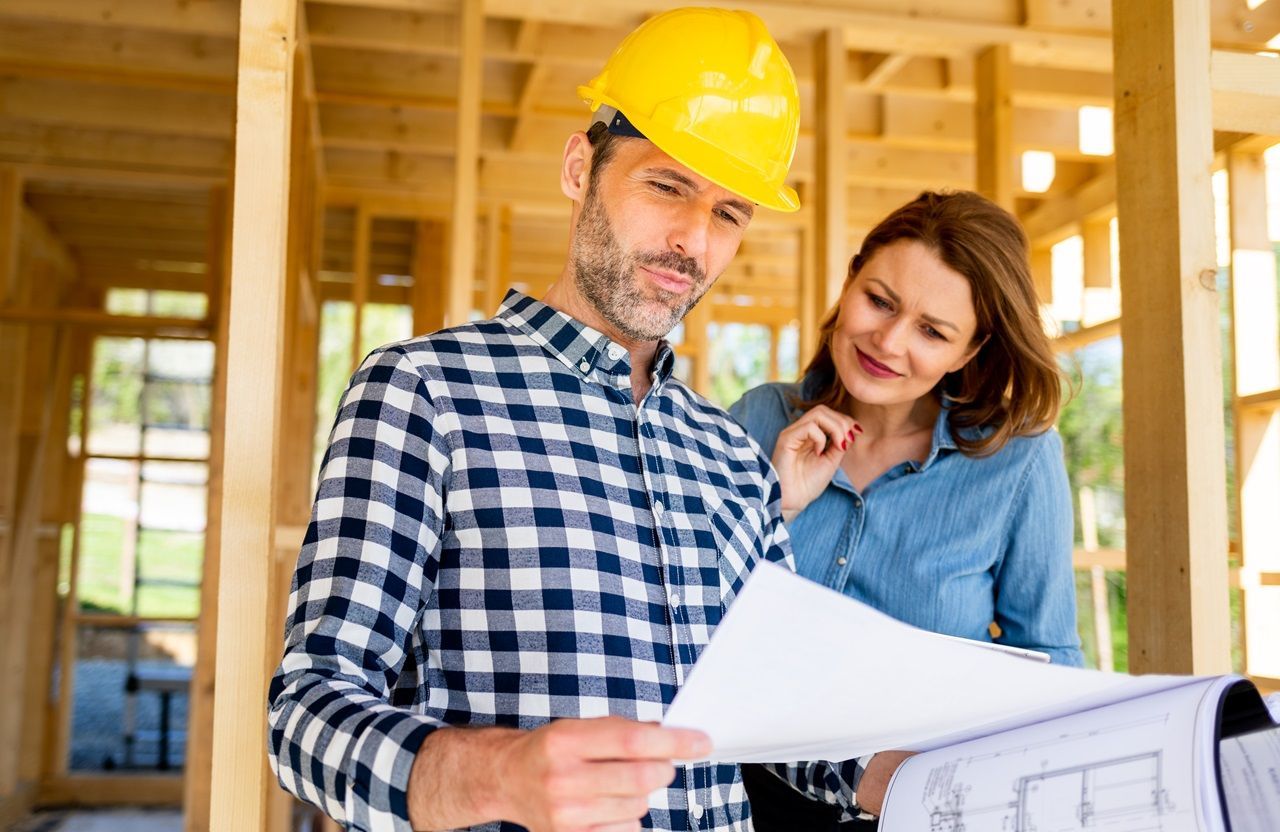
Building a new home is a major project that involves several steps, from planning and design to construction and finishing touches. One crucial aspect that often requires close attention is obtaining the necessary permits. These permits are essential to ensure that your home complies with local building codes and regulations. Failing to secure the proper permits can result in delays, fines, or even having to redo parts of the construction.
Before you start building, it’s important to understand which permits you’ll need. These generally include building, electrical, plumbing, and various environmental or special permits. Each type of permit serves a specific purpose and helps to make sure that different aspects of your home meet safety and quality standards. Securing these permits may seem daunting, but knowing what you need ahead of time can help streamline the process.
In addition to ensuring compliance with laws and regulations, permits provide a layer of protection for both the homeowner and the builder. They ensure that the construction is done correctly and safely, which can prevent future problems and potentially save money in the long run. So, let’s discuss the most important permits you need when building a home and why they are essential.
Building Permit
A building permit is one of the most important permits you will need when constructing a new home. This permit ensures that your building plans meet all local building codes and regulations. Without it, you might face serious delays and legal issues.
1. What It Covers: A building permit typically covers the overall structure of the house, including the foundation, walls, roof, and any attached fixtures. It makes sure your plans meet the required safety standards and zoning laws. The review process helps identify any potential structural issues early on.
2. How to Obtain It: To get a building permit, you will need to submit detailed plans and specifications to your local building department. These plans should include architectural drawings, site plans, and any necessary engineering reports. Once submitted, your plans will be reviewed by building inspectors, and you'll need to make any recommended changes before the permit is granted.
3. Inspections: After obtaining the permit, you will have scheduled inspections throughout the construction process. These inspections ensure that each phase of construction complies with the approved plans and building codes. Passing these inspections is essential for moving to the next stages of building.
4. Fees and Validity: Be prepared to pay various fees associated with the building permit. These fees can vary depending on the size and complexity of your project. The permit also has a validity period, requiring you to complete the construction within a specified timeframe.
Securing a building permit is crucial for the legal and safe construction of your home. It provides peace of mind that the structure will be safe and compliant with local standards.
Electrical Permit
An electrical permit is necessary for any electrical work done in your new home. This permit ensures that all electrical installations meet safety standards and reduce the risk of electrical fires or hazards.
1. What It Covers: The electrical permit applies to all wiring, outlets, switches, and electrical panels installed in the home. It includes both the installation of new systems and modifications to existing ones. The permit ensures that the electrical work meets the National Electrical Code (NEC) and local building codes.
2. How to Obtain It: To obtain an electrical permit, you or your electrician will need to submit an application detailing the scope of the work. This might include diagrams, load calculations, and a list of materials to be used. The local building department will review these details before granting the permit.
3. Inspections: Like the building permit, the electrical permit also requires inspections. Electrical inspectors will check the work at various stages, such as before walls are closed up and when the job is complete. Passing these inspections ensures that the electrical system is safe and functional.
4. Licensing Requirements: In many places, electrical work must be done by a licensed electrician. The licensing requirement helps ensure that the person performing the work has the necessary skills and knowledge to do it safely. Always verify that your electrician is licensed and qualified.
By securing an electrical permit, you ensure that your home’s electrical system is installed correctly and safely. This not only protects your property but also the well-being of everyone who lives there.
Plumbing Permit
A plumbing permit is essential for any installation, replacement, or significant repair of plumbing systems in your new home. This permit ensures that all plumbing work meets local building codes and safety standards.
1. What It Covers: The plumbing permit covers a variety of tasks, including installing pipes, drains, water heaters, and fixtures like sinks and toilets. It ensures that the plumbing system is safe, functional, and doesn’t pose any health risks.
2. How to Obtain It: To obtain a plumbing permit, you need to submit plans that detail the plumbing work you intend to do. This might include diagrams of pipe layouts, fixture locations, and specifications for materials. The local building department will review your plans for compliance with local codes before issuing the permit.
3. Inspections: Once you have the permit, inspections will be required at different stages of the plumbing work. Inspectors will check the installation of pipes, fixtures, and drainage systems. Each phase must pass inspection before work can continue to ensure everything is installed correctly and safely.
4. Licensed Plumbers: Many areas require that plumbing work be performed by a licensed plumber. Hiring a licensed professional ensures that the work meets all safety and quality standards. Always check that your plumber is properly licensed and experienced.
By securing a plumbing permit, you ensure that the water and waste systems in your home are safe and reliable. This reduces the risk of leaks, water damage, and contamination issues.
Environmental and Special Permits
In addition to basic building, electrical, and plumbing permits, you might need various environmental and special permits depending on your location and specific construction plans. These permits address unique aspects of building that affect the environment and community.
1. Environmental Permits: These permits may be required if your building project impacts local ecosystems, waterways, or wetlands. Environmental permits ensure that your construction does not harm wildlife habitats or water quality. For example, you may need a permit for land disturbance, stormwater management, or tree removal.
2. Zoning Permits: A zoning permit ensures that your home is built in compliance with local land use regulations. This might include restrictions on building heights, setbacks, and usage. Zoning permits help maintain community standards and harmony.
3. Historic Preservation Permits: If you are building in a historic district or near historic landmarks, you may need special permits to ensure your construction respects the historical context. These permits protect the character and significance of historic areas.
4. Special Use Permits: Some construction projects might require special use permits. These permits cover unique situations like installing a fence, constructing a shed, or putting up signage. They ensure that these special structures meet local building codes and aesthetic guidelines.
Securing the necessary environmental and special permits is crucial in protecting natural resources and adhering to community standards. These permits help ensure that your construction project aligns with local environmental and regulatory requirements.
Navigating the Permit Process for Home Construction
Obtaining the right permits is a vital part of building a new home. From building and electrical to plumbing and environmental permits, each serves a specific purpose in ensuring that your home is safe, legal, and up to code. These permits not only provide a safeguard for your investment but also protect your family's well-being by ensuring all work meets established safety standards.
Planning ahead for these permits can streamline your construction process and prevent costly delays. Working closely with local authorities, licensed professionals, and fully understanding the requirements will help you navigate this complex but necessary aspect of home building. Each permit contributes to the smooth and successful completion of your dream home.
If you’re ready to begin your home building journey with confidence and expert guidance, contact Mountain High Builders today. We specialize in
custom home building and new construction in Bend, Oregon, and we’re here to help you every step of the way. Let’s build something great together!
Are you planning to renovate your home?

Mountain High Builders strives to build exceptional homes for our clients, alongside strong relationships that last a lifetime.
Contact us
Phone: 541-815-0855
Email: custom@mhbi.us
Address: Square Loop, 1012 SE
Cleveland Ave #5, Bend, OR 97702
Menu
All Rights Reserved |
All Rights Reserved | Mountain High Builders

